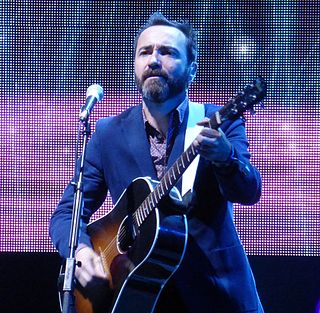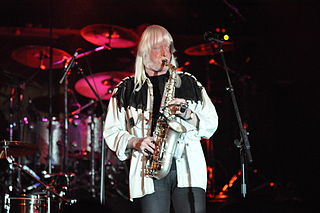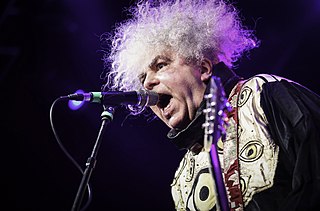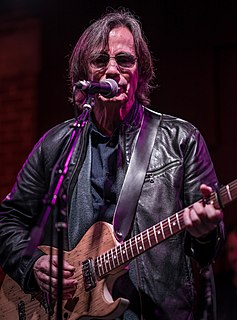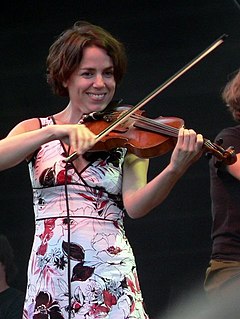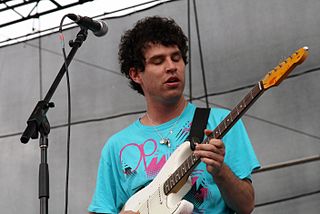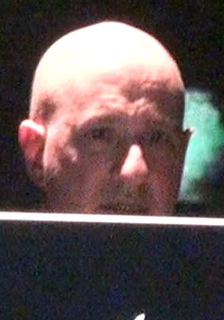A Quote by James Mercer
The real challenge of writing songs isn't just writing a bunch of parts - like a verse, chorus, verse - but making something that flows together, that brings you back.
Related Quotes
One of my main problems with music is that the basic formula is always the same: verse, chorus, verse, chorus, bridge, verse, chorus, chorus, chorus, end. One of the bands that changed that was The Beatles. If you listen to 'Everybody's Got Something to Hide Except Me and My Monkey.' It's three verses, bridge, end.
When the Beatles wrote 'Paperback Writer,' it couldn't have been the same old thing. You can hear so many influences in it, from the blues to Bach, and it's not just verse, chorus, verse, chorus, bridge chorus. They start off singing a cappella, almost like a Bach chorale, and the song goes into this bluesy guitar riff.
I didn't know how write a song, (verse, chorus, verse, chorus, bridge, chorus, bridge, verse), etc., and I didn't know how to write lyrics, so that's when I thought, well, I don't have to write a song with all those verses and choruses or lyrics. I can just sing everything the way I want to. So I sang all the instruments with my voice and just went with it.
Songs start with my bringing in the basic riffs for what you might call a verse and a chorus, an A and a B part...whatever. And sometimes a C and even a D. That's kind of the easy, or at least easier part. The hard part is finding that special, perfect way to order things - how many times to do A before B and back and how the second verse differs from the first. That's all we got.
